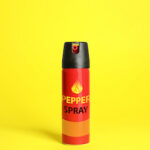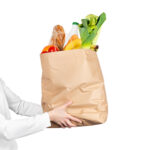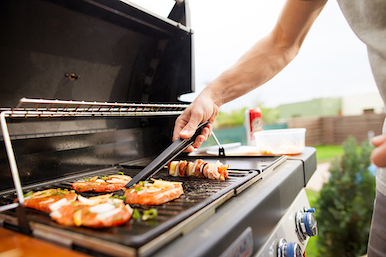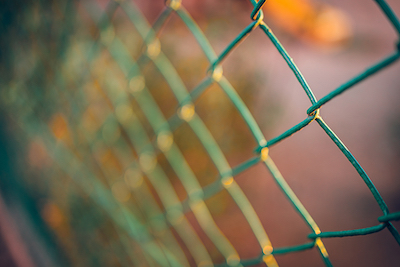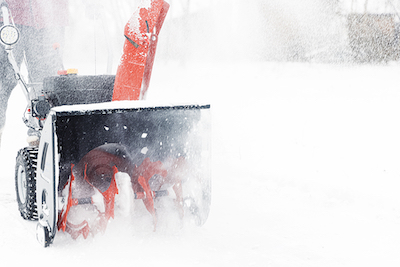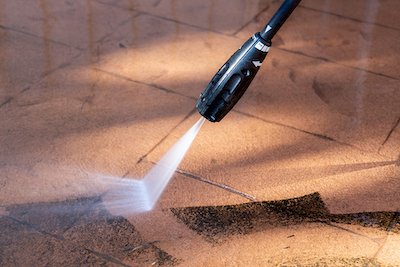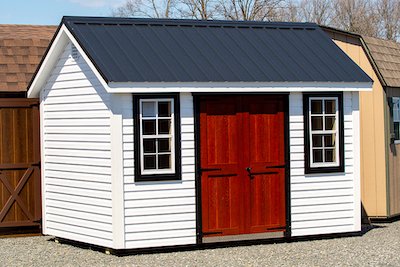The big difference between propane, natural gas and charcoal is not one thing in particular. When shopping for a grill, you are going to be motivated by many things. Price, ease of use, durability, and quality of food are the main factors people consider when buying a new grill. Here is the good and not so good for each method…
PROPANE
- Fuel is inexpensive.
- Portable.
- Electronic ignition.
- Instant heat.
- Fast warmup to temperature.
- Precise temperature control.
- Not prone to hot spots.
- No flareups (with more expensive grills).
- Fewer carcinogens than charcoal
- Safe if used properly.
- Easy cleanup.
- Tedious/lengthy assembly.
- Propane tank must be filled regularly.
- You may run out of fuel in the middle of dinner.
- Flareups likely with inexpensive grills.
- Difficult to reach searing temps (600F) with inexpensive grills.
- Must add wood chips to get wood flavor in food.
NATURAL GAS
- Fuel is very inexpensive.
- You will never run out of gas.
- Electronic Ignition.
- Instant heat.
- Fast warmup to temperature.
- Precise temperature control.
- Not prone to hot spots.
- No flareups (with more expensive grills).
- Fewer carcinogens than charcoal.
- Relatively safe if used properly.
- Easy cleanup.
- Tedious/Lengthy Assembly.
- Must install gas line/outlet.
- Less BTU’s than Propane.
- Not portable.
- Flareups likely with inexpensive grills.
- Difficult to reach searing temps (600F) with inexpensive grills.
- Must add wood chips to get wood flavor in food.
CHARCOAL
- Easy to Assemble.
- Portable.
- Inexpensive.
- Food tastes great.
- Easy to reach searing temperature.
- Charcoal is readily available.
- Feels, smells like a real barbecue.
- Possible flareups.
- Hot spots.
- You have to build a fire.
- Takes time to reach ideal cooking temperature.
- Hard to control temperature.
- Possible charcoal starter fumes.
- Fuel cost can add up.
- Greater risk of burns/fire.
- Higher heat means more carcinogens.
- Dirty to handle/clean up.
- Disposal of embers can be difficult.






